“I keep hearing about Reiki. I see it everywhere, wonderful people mention it to me and my subconscious mind takes to the idea. I wake up dreaming about this word… “reiki”. I look it up, find a teacher, take a class, I take another class, and another, and another, … and one mesmerizing step at a time I find myself becoming a reiki healer.”
5 steps to becoming a professional reiki healer. Click on each link to be taken to the section you’re interested in.
- Step 1: Getting clear on what you’re looking for:Determine what type of training and/or Reiki Master is right for you by asking yourself these questions
- Step 2: Pick your focus: Traditional Reiki, Western Reiki or Energy Healing.
- Step 3: Do your courses: Here’s how to get the most out of them.
- Step 4: Practice your chosen discipline and get good Get the guidance, get the practice, get the confidence.
- Step 5: Start your business (or energy healing business) 95% of Reiki & Energy Healing Practitioners work for themselves. Here’s what you want to know when starting out.
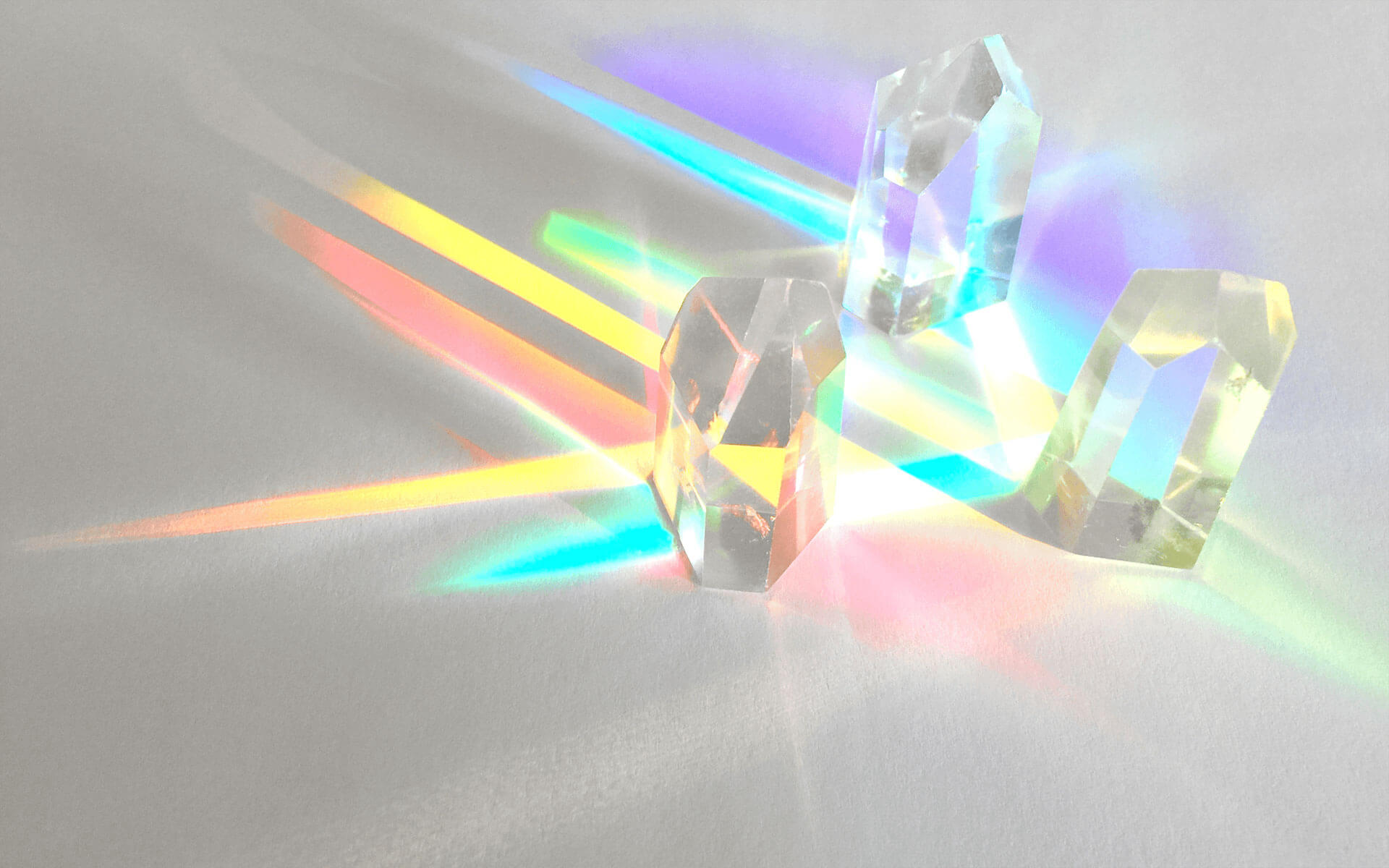
Your intuition already knows what you’re looking for. Answer these questions to let your conscious mind know too.
You can start filling out your answers right here in the page (and have them sent to you) OR click “Yes! E-mail me the Questions!” below to get all the questions sent straight to your inbox.
Understanding your desires & intentions
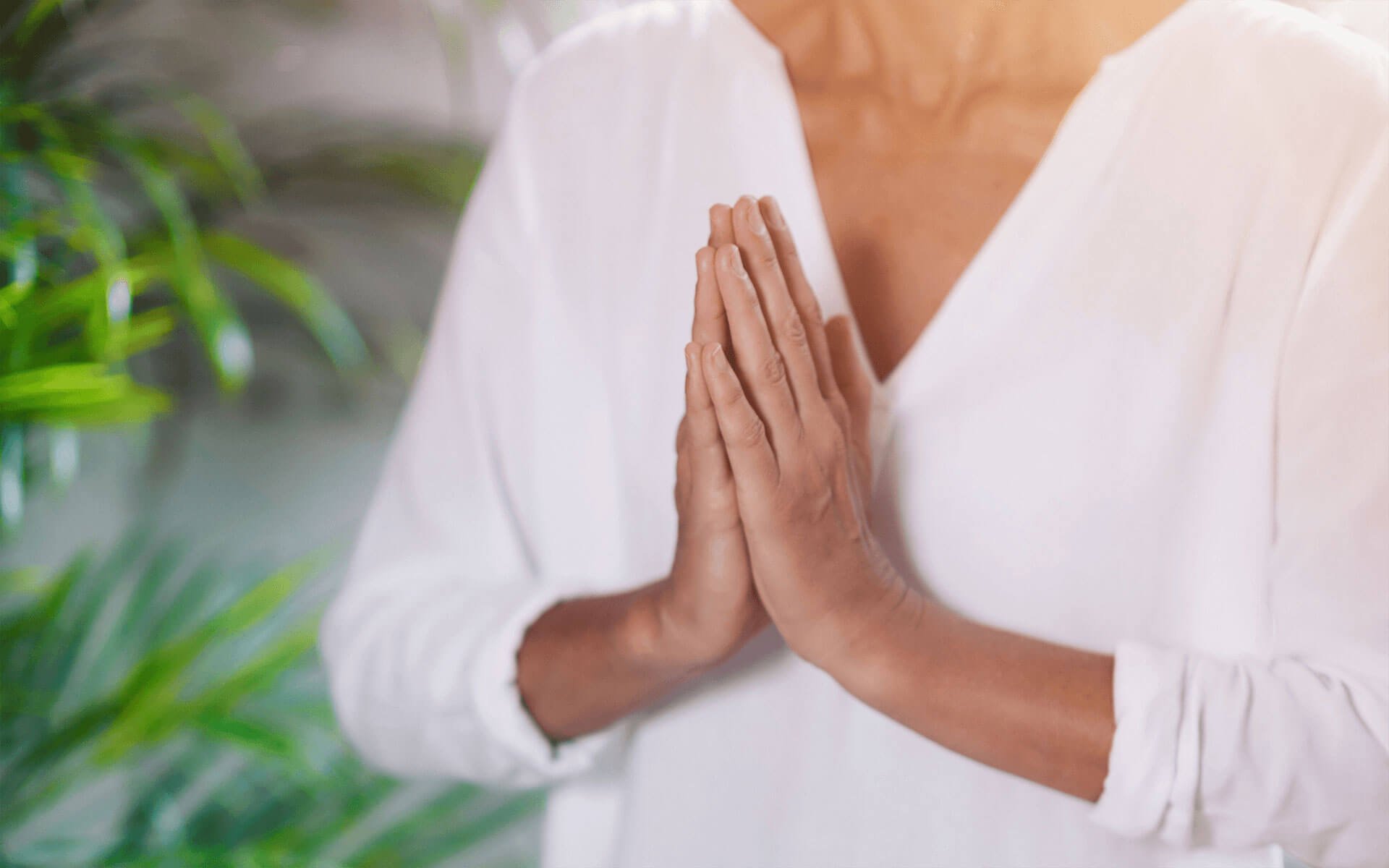
When you are just entering the world of Reiki & Energy Healing, the distinction can be confusing, but it is worth understanding right from the start. The best way to illustrate the difference is to give you a mini-history of energy healing and Reiki. If you’re already clear, skip ahead.
A mini history of energy healing and Reiki
Energy healing is integral to the human experience. Almost every culture has some type of energy healing. It is a wide umbrella term that can include practices like reading tea leaves, visiting faith healers, reading the tarot, healing touch, holding seances,or working with the energies of the earth and animals. Even meditation and prayer can be considered forms of energy healing. For a variety of reasons, many of these practices have gone underground in the West, but if you ask your elders how they lived their connection to each other and the land, you may be surprised with what you find. Many of these practices are passed down in families, rarely in visible ways and almost never explicitly called “energy healing” (even if they are)
In contrast, Reiki wasn’t born in the context of Western thought. Rather it came from Japan, where it was established as a system of natural healing in the late 1800s and early 1900s by a man named Mikao Usui.
Quickly, however, in a powerful moment of East meets West, one of his students (Mrs. Takata) brought the system to the west and adapted it to the audiences in Hawaii where she lived.
Around 90% of what is taught as Reiki in the West today has passed through the lens of Mrs. Takata’s teachings. Over the next generations of teachers (there are 6 generations between Inge Broer, the resident Reiki mentor here & Mikao Usui), the practice kept meeting new audiences and shifting and changing to adopt and absorb the wisdom of different traditions and individuals it has met with.
Why is this relevant?
When Reiki practitioners get together, it often becomes apparent that what is taught as Reiki has the bones of a similar tradition, but varies widely from teacher to teacher. One teacher might include working with spirit guides, the next might work heavily with the chakra system and the next may include connecting to source and read your energy. All of this is beautiful and effective and healing and complementary with Reiki. But. It is not Reiki. ;).
(Inge as well. She teachers MANY things alongside with Reiki that aren’t Reiki and is working to be clear with her students what is what).
The short version? This means that the practices you love that you learned from your Reiki practitioner may or may not be Reiki at all.
What that means for you starting your Energy Healing or Reiki journey:
Should I start with learning energy healing or Reiki?
For most people, learning energy healing starts with learning Reiki, because it’s what is most widely available and has a relatively clear (and fast) system set up for starting to help others heal. That doesn’t have to be your path if it doesn’t particularly call you.
You can go straight to your particular fascination.
- If you’re fascinated by the chakra system, you can start with a chakra journey ( click here for an 8-week journey through the chakras).
- If you are called to work with spirit guides and nature, go a shamanic route with guided meditations or find a shaman.
- If you’re called by crystals, learn that.
- Want to know more about how to see the world in energy terms because you can sense that will help you as a highly sensitive, empathic being? And that it might help you care for others without burning yourself out? Learn that. (This is the case for MANY of my students. I recommend starting with the Healing Presence Course and then moving on to Reiki ).
Finally, if you plan on doing Reiki or energy healing for a living, we do recommend going beyond Reiki I, II & III. You’re going to be working with other people’s energies and vulnerabilities intimately and to do that respectfully and safely, extra training is needed.
Our “Energy Healing & Reiki Certificate” is our answer to that. Have a look here.
What are the different types of Reiki and which one is best for me?
80-90% of Reiki courses you’ll find in the West call themselves “Usui Reiki”. That does NOT mean they are Usui Reiki. This is not your teacher’s fault, they may even be offering you a much richer experience, but it IS confusing once you start speaking with other “Usui Reiki” practitioners. It’s also possible that what they’re teaching is what they’ve been presented with and believe it’s Usui Reiki when it’s not. If purity of lineage is important to you, ask your teacher whether they have a firm grasp of the history of Reiki and what’s Usui Reiki and what’s not.
(A few years ago, I, Inge, would’ve told you “Yes it’s Usui Reiki”, but “No, I don’t have a firm grasp on what’s Usui Reiki and what’s not”. I wouldn’t have been a good fit for you then, because while I thought I was teaching the classic Usui Reiki, I wasn’t. )
There are other types of Reiki: Rainbow Reiki, Karuna Reiki, Holy Fire Reiki, Kundalini Reiki…
These are typically based on Usui Reiki, but add other elements and/or frameworks from other energy healing modalities. These can be tremendously powerful. Don’t dismiss them because they have new names.
If you’re reading this right now and thinking “I don’t really care”, great. For the average neophyte, none of this typically really matters, but it’s tremendously helpful to understand from the start and will save you a lot of confusion in the long run. If this is the case for you, find a teacher you like and learn their style, no matter what it’s called. (This might also be good advice even if you do care).
The Reiki we teach here has the bones of Usui Reiki but with some important modifications. We are working to make it very clear for you what is Usui Reiki and what’s not when you’re doing our programs.
More than anything, upon creating her curriculum, Inge has made a deep commitment to:
- Help her students understand the energetics of each element of the practice.
- Understand the reason for the different rituals present in the practice
- Understand the way energy allows for healing
- Understand the mechanisms with which humans heal
- Understand the reason for the differences she teaches with the Usui system
- Etc.
- Help her students remember how to heal and help heal
- Remember because spirituality often requires more unlearning than learning
- Remember because our bodies know how to heal, but we have a tendency to get in the way
- Remember because helping someone else heal is so deeply natural, but our own egos and conditioning gets in the way
- Remember because the true test of any spiritual teaching is the resonance and usefulness to the receiver
- Help her students love & accept themselves as they are
- Because there’s no ONE way to be an effective healer
- Because that’s how we heal
- Because that’s how we become the strongest lights to others
Search for & Interview your teacher
Do a search on google, instagram, facebook, udemy and/or youtube. They’re all fair game! Reiki masters are everywhere. You can also ask friends who have done the training.
Let this be a starting point and get a sense for who they are, how they teach and trust your intuition. You’re going to be learning something really precious from them and you’re going to be learning from them directly.
Sometimes you know instantly (I don’t know how many times people have told me they knew when they saw my picture). Sometimes you need to know more and it’s OK to interview them.
If you’ve answered the questions at the outset of this article for yourself, you’ll know what to ask them.
If you want to interview Inge, set it up here.
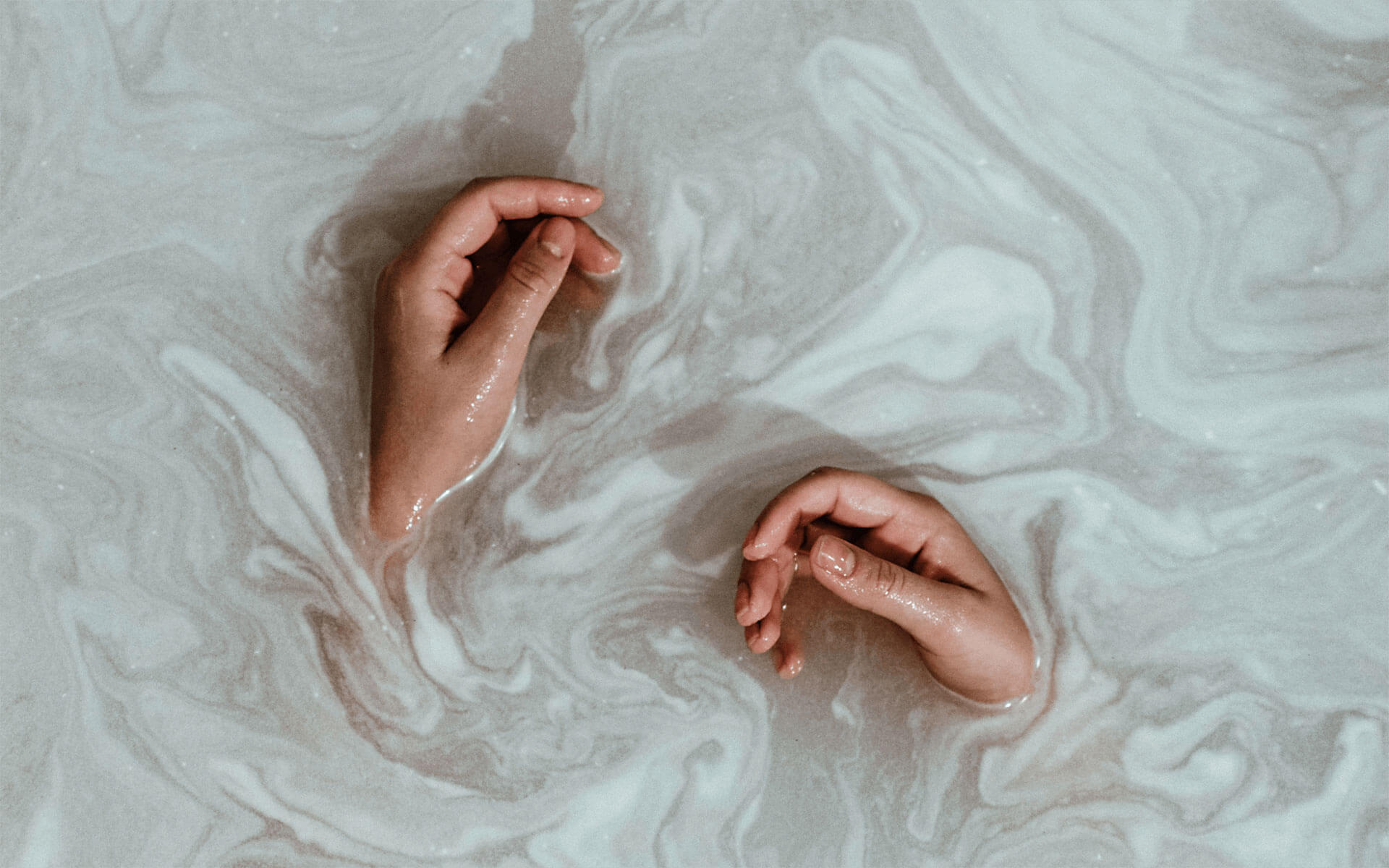
No matter what your human teacher is like, your real teacher is always the energy. Engage with it and it will reward you.
- Go all in: Approach it as an experiment and give it time
- In Reiki I, you’ll be asked to do 21 days self-reiki. Take this seriously. Some of your richest experiences will come from this direct experience with Reiki. Doing this for (at least) 21 days will also open your channel, allow for an energetic clearing and may change your life in the best possible way. For some people, the first days are plagued with doubt and feel like “nothing is happening”. This is normal. Give it time. If at the end of 21 days you still feel that way, you can honestly say you tried and the experiment says it’s not for you (at this time). Whatever your chosen discipline, you must submit to the practice for a period of time and engage directly with it for a period of time.
- Engage your curiosity, suspend judgment. Whenever something isn’t happening as you expect, get curious about it. Use this in all spheres of your learning journey.
- As much as possible, practice. Engage with the other students in your group and if you don’t have a lot of practice time in class, get in touch with them to practice together outside of class hours. Practice on friends, family and approach it all as a learning experience (aka you do not have to show up as an expert).
- Engage with your teachers (the practice, your fellow classmates and your teacher)
- Lean into your self-healing & practice sessions. These are your most rich learning moments.
- Learn from your fellow students. The questions they ask and the experiences they have can be so enlightening.
- Voice your doubt and ask questions
- If the practice is worthwhile, it will be strong enough to withstand your doubt. Expect it to show up and don’t fear it.
- Voice your doubt and then let it go. This seems the fastest way to reckon with it and find your way.
- Ask all the wild questions that cross your mind, the experience will be all the richer for it.

If you want to do this for a living, it’s your responsibility to get good. Get honest about what you need to get there. Get the mentoring you need. Get the extra classes you need. Practice.
Work with different kinds of people, with different kinds of problems. Get clear on what you’re amazing at and what you’re not so amazing at. Counterintuitively, knowing your limitations makes you a stronger practitioner.
Get honest about your missing pieces
As we practice our discipline, we will come up against all sorts of energies that show us what else we need to learn, how else we need to heal ourselves and where we need to grow as healing practitioners. This is healthy and normal.
Treasure the triggers when they come up. They are the fertilizer you need to get really good.
Common triggers might include: self-doubt, fatigue after sessions, getting frustrated with clients, getting into power struggles with clients, getting overly squirmy when it’s time to handle money, thinking about your sessions over and over, being ultra anxious and nervous before any of your sessions and so many more.
Essentially, any time you’re pulled off center is an indication there is some healing and growing to do. Expect this to happen and take responsibility for it
Get your missing pieces
It’s very helpful to get mentoring from an experienced healer when you’re starting out. Perhaps working with whichever healer got you interested in the discipline is a good option for you, or working with healers who specialize in helping other healers. On occasion, Inge is available for this. You can book a call with her here.
There are also other courses designed to help you gain the know-how and practice you need. All our courses will help you do this, but in particular we’d recommend:
- Healing Presence:
- Become an energetically safe space for your clients (through radical self-compassion work)
- Stop taking on your clients’ energy (through compassionate boundary work)
- Connect with healing energies in an instant for yourself and others (so you can heal your way to success)
- Energy Healing Toolkit: This course teaches you an array of energy healing tools that will inform with whatever modality you practice. You will use them to heal yourself AND you will learn to guide others in their healing. All of this in 6 short weeks. You will:
- Get good at working in energy space with visualization
- Become a more complete listener with deep listening
- Leverage your intuitive insight by learning the rudiments of intuitive reading
- Become a more compassionate and effective guide by learning about the different parts in our energies (masculine/feminine, inner child, …)
- Become sovereign in your energy space, cut cords and guide others in doing the same
- Hone your capacity to hold space, guide healing and empower your cilents to hear their own wisdom.
- Healing Healer:At the time of this writing, this course is still in development, but will be designed to help healers stand in their full integrity as they approach their healing work. Get in touch to know if it’s ready.

You’ve gotten your training, you’ve gotten good, you have your support systems in place, it’s go time! It’s time to start your reiki or energy healing business.
At the time of this writing (November 2022), there aren’t an enormous amount of places that hire energy healers (although that is changing!), so 85% of people work for themselves.
This article isn’t going to go into how to do this, but here are a few things to think about from the outset:
- Are you financially stable enough to handle growing this business without much guaranteed income to start?
- Do you have the support of your loved ones to start this? Or will you be swimming up stream?
- Do you have an idea of how to market yourself and how you’ll set up your services?
If the will to set up your healing business is there, know this: Everything is figureoutable. You can absolutely do it.
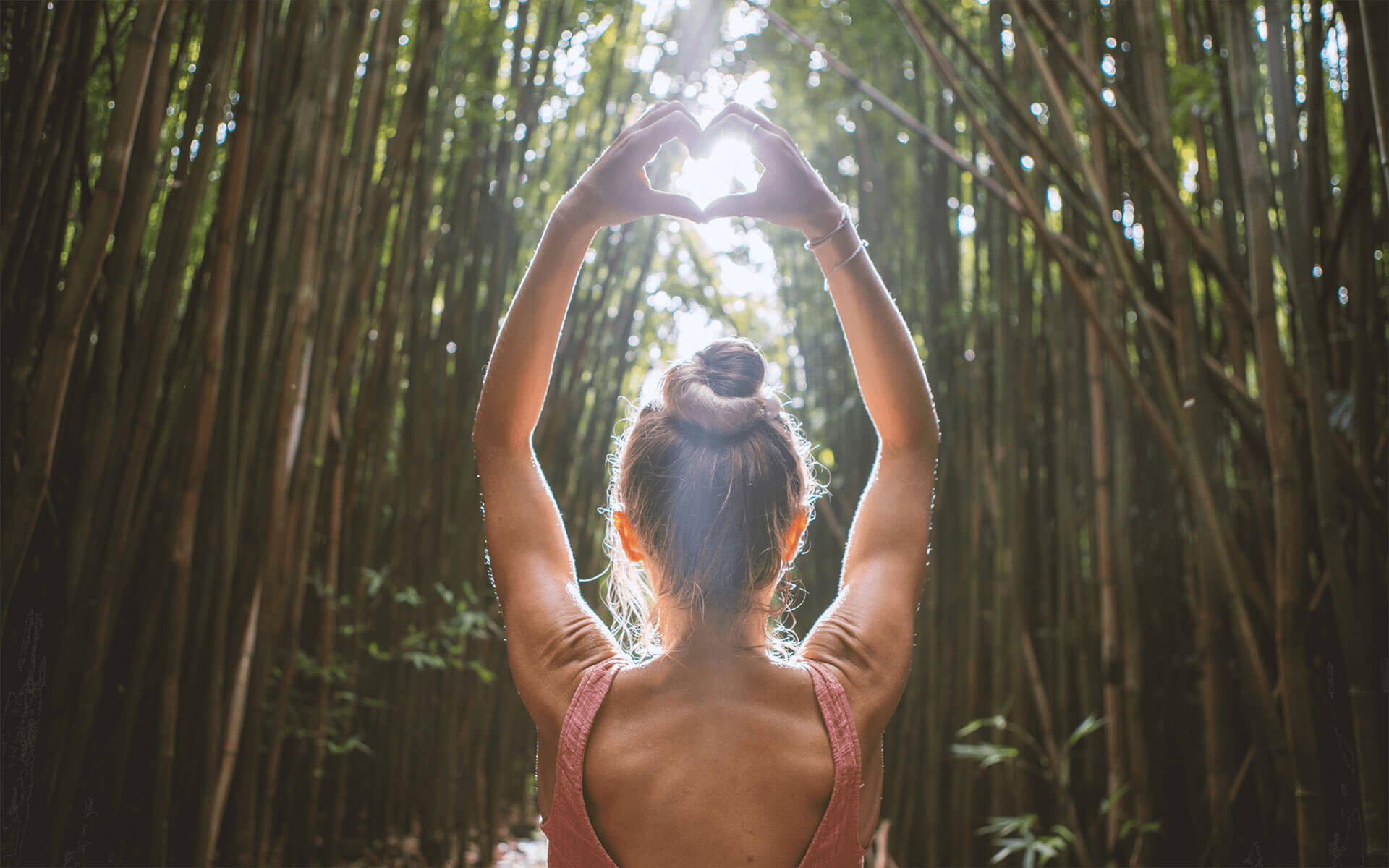
If you’ve made it all the way down to this section and like the way we have of presenting information, you’re likely already a good fit for our energy healing training program.
Here’s how we’ll get closer to knowing.
- Take a deep breath.
- Connect to your highest intention pursuing this calling.
- Bring your awareness into your body, read the following and pay attention to what resonates:
Our Reiki & Energy Healing Certificate is for you if…
You want it to take a stand for healing in this world. Right now, you know absolutely for sure that you want to pursue your own healing and you owe it to yourself to at least open to the possibility that helping others heal is part of your path as well. Perhaps it’s a career change, perhaps not, but it’s not your primary motivation.
You’re wanting to give this your attention and your love and your time for a sustained period of time – at least 6 months. You’re ready to do the work, to show up week after week and allow yourself to become more and more of who you really are.
You are feeling steady and grounded with the idea you’ll face discomfort, and even revel in it. You know how much of the magic, freedom and synchronicities are waiting on the other side.
You also crave community, others on this path, you know that the connections you’ll make through this work will allow your heart to grow and will enrich your life immensely. Whether you meet them in person or online doesn’t matter so much right now, as long as the connections are real.
You want to be supported and guided by a teacher, but not coddled. You know your own unique genius exists within you and you desire to be respected for it. You want someone to help you bring your uniqueness out, not someone to try to shape you into something you’re not.
You value asking questions, discussion and interaction as you learn, but you’re also quite ready to watch videos and do meditations on your own.
IF that’s you, your next step is to book a call.
- Check what resonated for you. What made your body react? Did you get tingles or chills a sense of FULL BODY YES? Then your next step is to book a call with us to get started.

You take a very first step. Then another very first step. And another. Before you know it, you’ll be seeing clients and getting paid for it.
Your next step? Book a call with Inge.
What to do next?
Book a Session with Inge
If you read all this, I know you’re serious and the next step is to get to know eachother in a 30-minute all out certification exploration session with Inge. We will explore your motivations together, unpack exactly what the certification holds and whether or not it is a good fit for you at this time. Whatever the result of this conversation, you will walk away the session with a clear “next step” on your journey to becoming an energy healer.
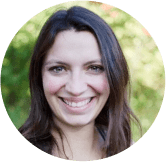
About Inge
Inge is an energy healer with over 10 years of experience and is the creator of the Energy Healing & Reiki Certificate. She’ll be delighted to mastermind your next steps with you, no matter what they may be.
